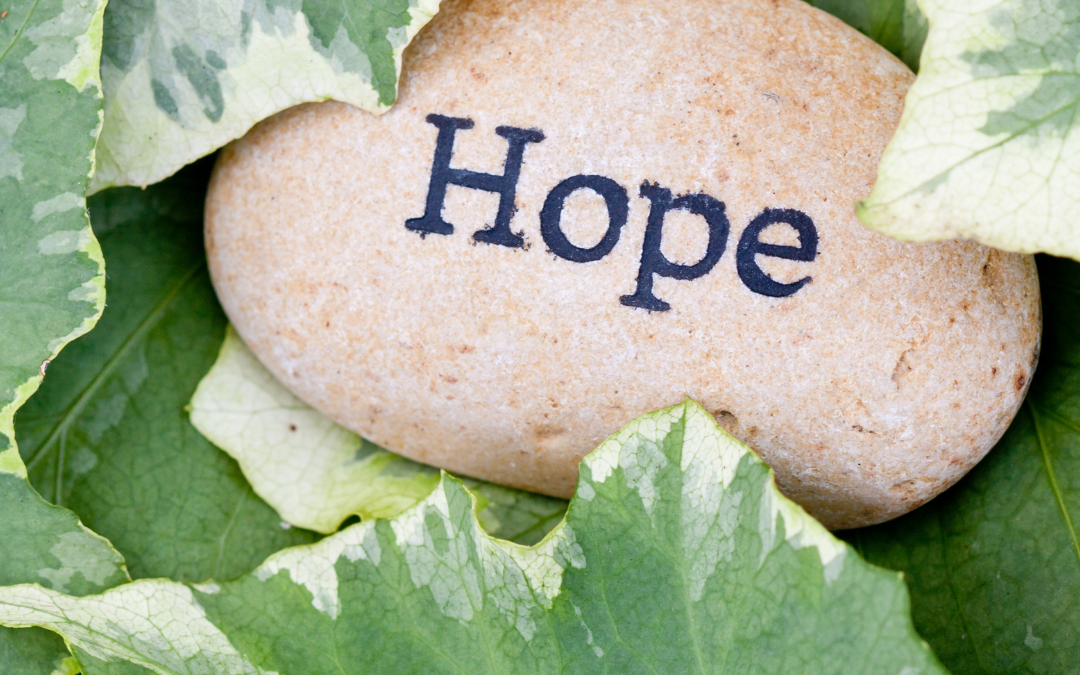By Kathi Szabo
Got Hope?
I’m not talking about the wishful thinking hope. You know the kind. The feeling you have when you buy a lottery ticket. You aren’t hopeful, you are wishful.
Hope is not wishing for something so remote to happen.
Hope is an being optimistic for the future, clearly understanding where you are now and where you want to go. It’s being able to recognize potential actions to be taken that will make the positive outcome more likely.
Hope is looking ahead optimistically with confidence and trust, that we can achieve the desired result.
We all need hope. Hopeful individuals are happier, healthier and more successful.
They tend to live longer with less stress and anxiety.
But yet so many of us can loose hope when things seem so far from our desired outcome, when we’ve been disappointed. We fear being disappointed again, so we reign in our hopefulness. We become resolute in our current situation. We see an unfriendly universe.
If you’ve come to a Well-Being 101 Masterclass you’ve heard about Einstein’s famous quote, “the most important decision man can make is if he lives in a friendly universe or an unfriendly universe.”
When we decide that the universe if friendly, we have hope. We see our disappointments as opportunities, as gifts to learn from. When we have hope, we are not jealous of the success of others, but rather see that as evidence and it supports our own hopes and dreams.
Hope elicits motivation as we see the opportunity and we acknowledge the action we must take to get there.
If your current situation has you less hopeful, define the end result that you would like to see. Then think of a different result that would still have you feeling positive or optimistic. Once you have clarity on the positive outcome, don’t just wish for it to happen. That is not being hopeful. But deciding on two steps you can take to move forward and then taking the action will create opportunity find hope. No matter how small, take some action.
Hope can be uncomfortable when things seem rather hopeless. But pushing our selves to imagine a positive outcome is critical to building resiliency. Visualizing what we desire, the positive outcome, can actually trick the brain to believe it’s true, thus opening up new opportunities and possibilities.
Imagine if scientists didn’t imagine creating a vaccine in record time to fight Covid. If they had just accepted the past experiences as fact and that it would take years of development. But they had hope. They saw the outcome and then they took action to make the positive outcome a reality.
Hope is what brings change. Hope is what innovates.
So, Got Hope?


Love this blog. I’ve read it twice since it was first emailed to me.
So Glad you love it! It just came out without effort. ❤❤❤❤